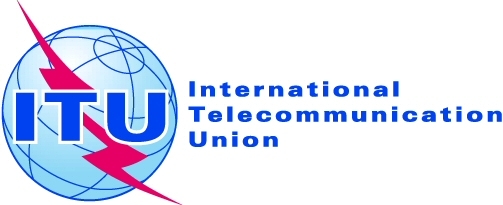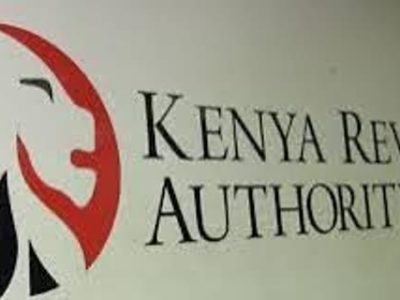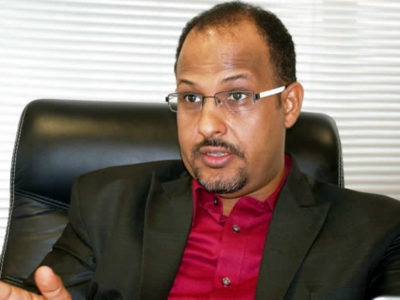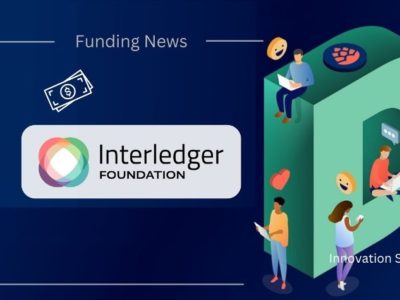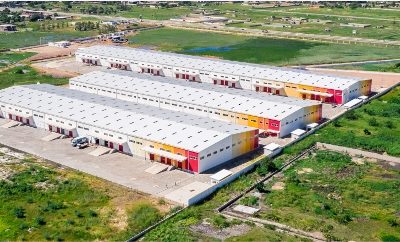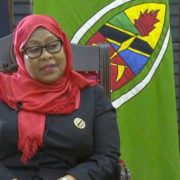Most policy-makers would agree that information and communication technologies (ICTs) can accelerate progress on all 17 of the United Nations Sustainable Development Goals. But they need more and better ICT data to inform programmes, policies and investments.
So how can countries improve the collection and use of ICT data?
ITU’s World Telecommunication/ICT Indicator Symposium (WTIS), held in Geneva, Switzerland between 10 and 12 December 2018, brought together regulators, researchers, representatives from multilateral agencies, private sector entities, and academia.
Here are four key ways, highlighted across several informative WTIS sessions, countries can fill the ICT data gap to drive social impact:
- Use internationally comparable data
“The statistics gathered by ITU are the basis for all the analysis of the digital economy today. Our statistics are used by the World Bank, OECD and the World Economic Forum, just to mention a few,” said Brahima Sanou, Director of ITU’s Telecommunication Development Bureau.
He said that an internationally agreed methodology is needed for each country to track its own progress and then to compare with other countries.
But there could be other benefits of internationally comparable data: encouraging countries in positive competition that can help to further their ICT development goals.
“Year on year, indicators are changing and putting countries into a framework of positive competition, and competition between countries will be reflected in [improved] outcomes in various areas,” said Mohamed Al Ramsi, the Chair of WTIS and Executive Director of Regulatory Affairs for the Telecommunications Regulatory Authority (TRA) of the United Arab Emirates.
- Analyse the data
Raul Katz, of the Columbia Institute for Tele-Information at Columbia University, stressed the importance of gathering empirical evidence and combining it with rigorous data analysis to inform policy-making.
“It is a very rare case that the body of evidence supports the decision you need to make,” he said. “Data should inform, but not drive policy, because data is not often complete.”
Rather than doing the hard work, he explained, many countries are bypassing analysis, and just imitating what other countries are doing. But no two countries are perfectly similar so this method for policy-making is not optimal, he said.
He recommended that regulatory and policy-making bodies build their capacity to gather and accurately analyse empirical evidence, rather than trusting third parties to do so.
- Closely engage all relevant stakeholders in data governance
“We put a lot of effort into international statistics, and we [saw] those stats being underutilized,” said Dominik Rozkrut, President of Statistics Poland.
So he set up a series of meetings with policy-makers. “The effect has been amazing,” he said. “They are more and more engaged. They are starting to act. We are doing a lot more together, and engaging more concretely and financially. They are sponsoring all our experimental studies.”
He added that statisticians should take greater ownership of data governance roles.
Maximiliano Salvadori Martinhão of Brazil’s Ministry of Science, Technology and Communications, explained how Brazil is producing relevant and internationally comparable data to track the socioeocomic impact of ICTs.
He explained that a number of different government agencies had different tasks in Brazil. For example, Brazil’s ICT regulator ANATEL produces supply-side data. IBGE, the Brazilian Institute for Geography and Statistics, and CGI, the Brazilian Internet Steering Committee, produce demand-side data and CETIC, the Center of Studies on Information and Communication Technologies – does standalone ICT surveys.
“All this work is carried out by a multi-stakeholder arrangement, which strengthens the results of the surveys, as the process is transparent, internationally comparable and bottom-up,” said Maximiliano Salvadori Martinhão. “We meet regularly with civil society and governance groups to define guidelines for data analysis…. This ensures rigour in all phases of the process, and improves procedures.”
- Seize quick wins for data collection
But what can a country do when the data is not available?
Suella Hansen, a telecommunications economist in New Zealand, said that telecom companies ought to be able to provide basic telecom information at least. She added that sampling is a good way to assess community needs.
She described the example of Samoa to highlight how surveys are very useful at a community level. In Samoa, some 50% of households had access to Internet, but usage was very low. A community survey looked at why. It was not a question of affordability, but lack of local content and understanding of how to use the technology, especially among middle-aged and older demographics.
Ingmar Weber, Research Director for Social Computing of the Qatar Computing Research Institute (QCRI) described how online social media platforms provide potentially useful aggregate information on their users. Social media platforms have a global reach with 2 billion users, and provide anonymous aggregate data in real time. However, this data comes with many limitations, so it’s best used when triangulated with other sources of information, he said.
Source: https://news.itu.int/how-countries-can-optimize-ict-data-maximize-social-impact/


